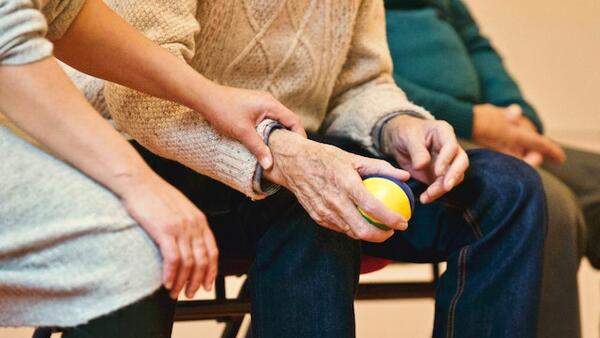
The Role of Nurse Practitioners in Assisting the Elderly
If there were a group of people who needed specialized care, it would be older adults. Nurse practitioners play a crucial role in ensuring that this vulnerable population gets comprehensive care. Nurses are equipped with special skills that address the specific needs and challenges faced by the elderly.
It is important for all nurses to understand what roles they need to play in taking care of the elderly. This is true for those undertaking an online nursing PhD program or already practicing nurses. For that reason, this article aims at exploring and explaining what nurses need to know.
The Growing Need
There has been a growing need for primary care physicians in the care of seniors, especially after the pandemic. The sector lost a huge percentage of its workforce (more than 14%) since February 2020, making it the worst job loss among all the healthcare sectors. This forced more than 60% of nursing homes to stop the admission of new patients as the workforce is quite low. This shortage has demanded a greater demand for healthcare professionals who specialize in geriatric care.
Nurse practitioners are uniquely positioned to meet this demand due to their advanced training and expertise in providing comprehensive care to older adults. Nurses are specially trained to address the complex healthcare of seniors, including:
- Managing chronic conditions
- Promoting healthy aging
- Providing end-of-life care
One of the areas that have been largely affected by the shortage of primary care physicians is rural areas. Nurse practitioners can step in to provide timely and accessible healthcare services.
Unique Skill Set Possessed by Nurses to Help Them Care of Seniors
Nurses possess a unique set of skills that make them indispensable when taking care of older adults. These skills are more than mere medical training that happens in class. Nurses have learned to express qualities that foster a compassionate and holistic approach to taking care of seniors. They include:
- Empathy and compassion: Old age comes with various emotional and physical challenges that would require someone who is empathetic to deal with. The compassionate nature of nurses allows them to connect with the seniors to provide both physical and emotional care.
- Patience: Without patience, it would be impossible to take care of the elderly. This is because as people age, they tend to become slower in what they do and also have difficulty expressing their needs. Since nurses are used to working with such kinds of vulnerable patients, they have the patience necessary to deal with seniors.
- Effective communication skills: Nurses are especially skilled in passing complex information in a very simplified manner. This allows them to effectively communicate with the elderly, which is vital.
- Problem-solving skills: The elder generation is prone to a range of challenges at an unprecedented rate. Therefore, they need someone who can quickly come up with a solution whenever something comes up. Nurses excel in that.
- Diverse clinical expertise: Nurses have a broad base of clinical knowledge. The knowledge makes them capable of managing chronic conditions, medication regimens, and complex medical issues that often accompany aging.
- Holistic Care: Beyond addressing physical health, nurses consider the emotional, social, and psychological well-being of elderly patients. They create care plans that encompass all aspects of a senior's life to enhance their overall quality of life.
The Challenges Faced
Caring for the elderly is a noble and vital profession within nursing, but it comes with a unique set of challenges.
Firstly, the aging population often presents complex medical needs. Nursing practitioners must contend with multiple chronic conditions, intricate medication regimens, and a higher susceptibility to infections. These factors demand a high level of clinical expertise and constant vigilance to ensure that seniors receive the best possible care.
Another significant challenge is the emotional toll that caring for the elderly can take. Witnessing the physical and cognitive decline of elderly patients can be emotionally taxing. Nurses need to balance empathy with professional detachment to provide the best care while maintaining their own mental well-being.
Moreover, the potential for falls and injuries is a constant concern. Seniors are at higher risk of falls due to reduced mobility and balance. Nurses must implement fall prevention strategies and regularly assess the environment for hazards.
Lastly, managing end-of-life care is a delicate but essential aspect of elderly nursing. Nurses need to navigate discussions about advance directives and palliative care while ensuring that patients and their families receive the support and information they require.